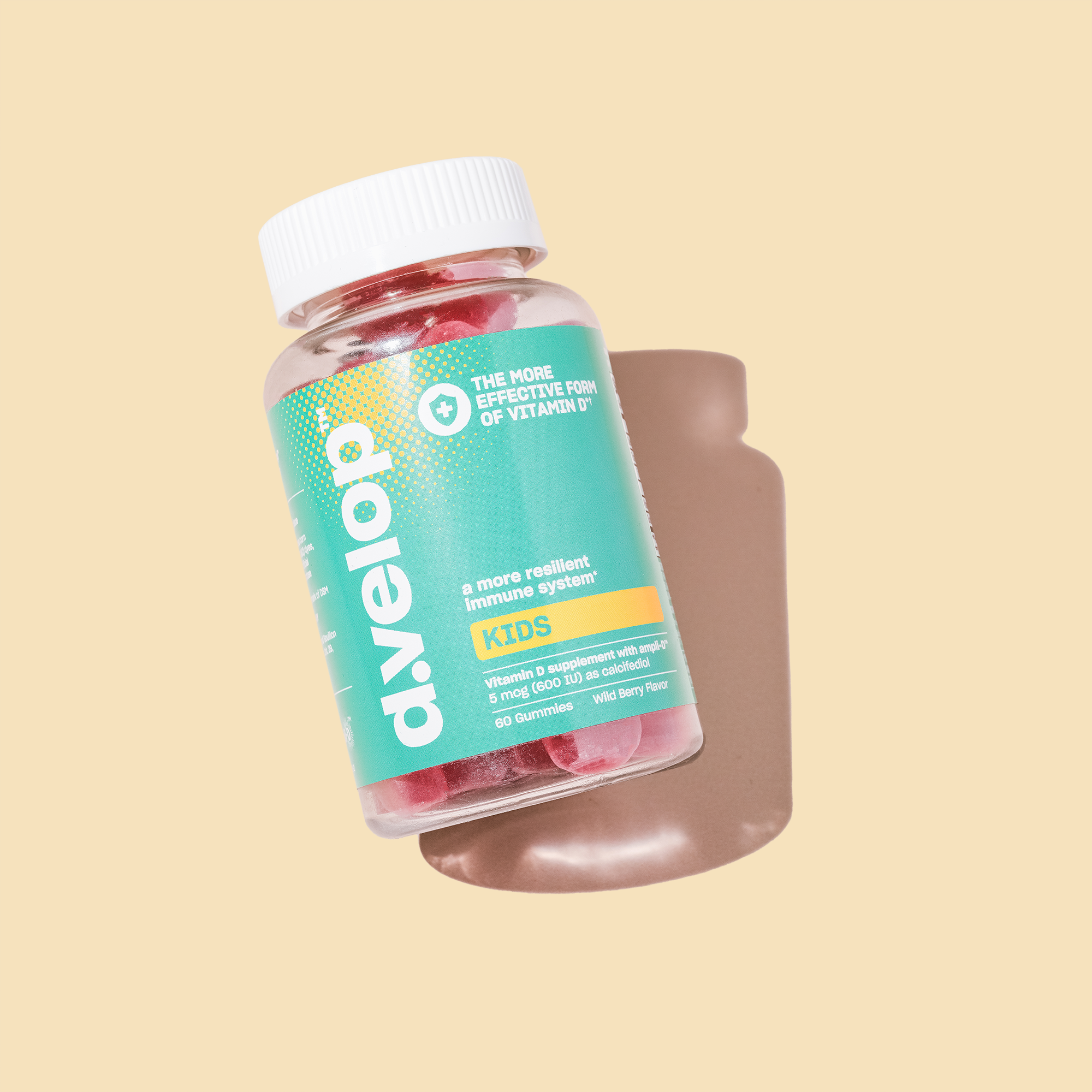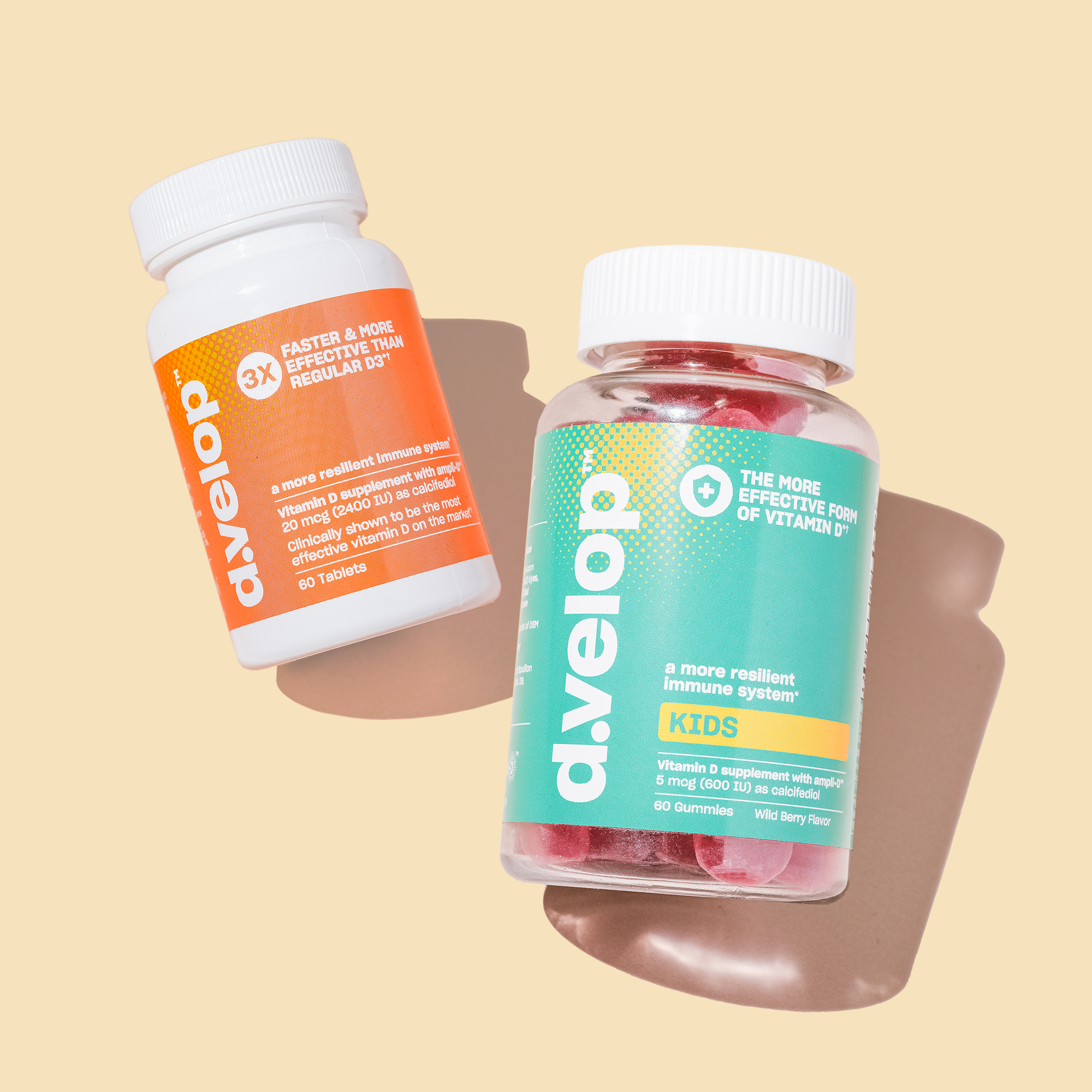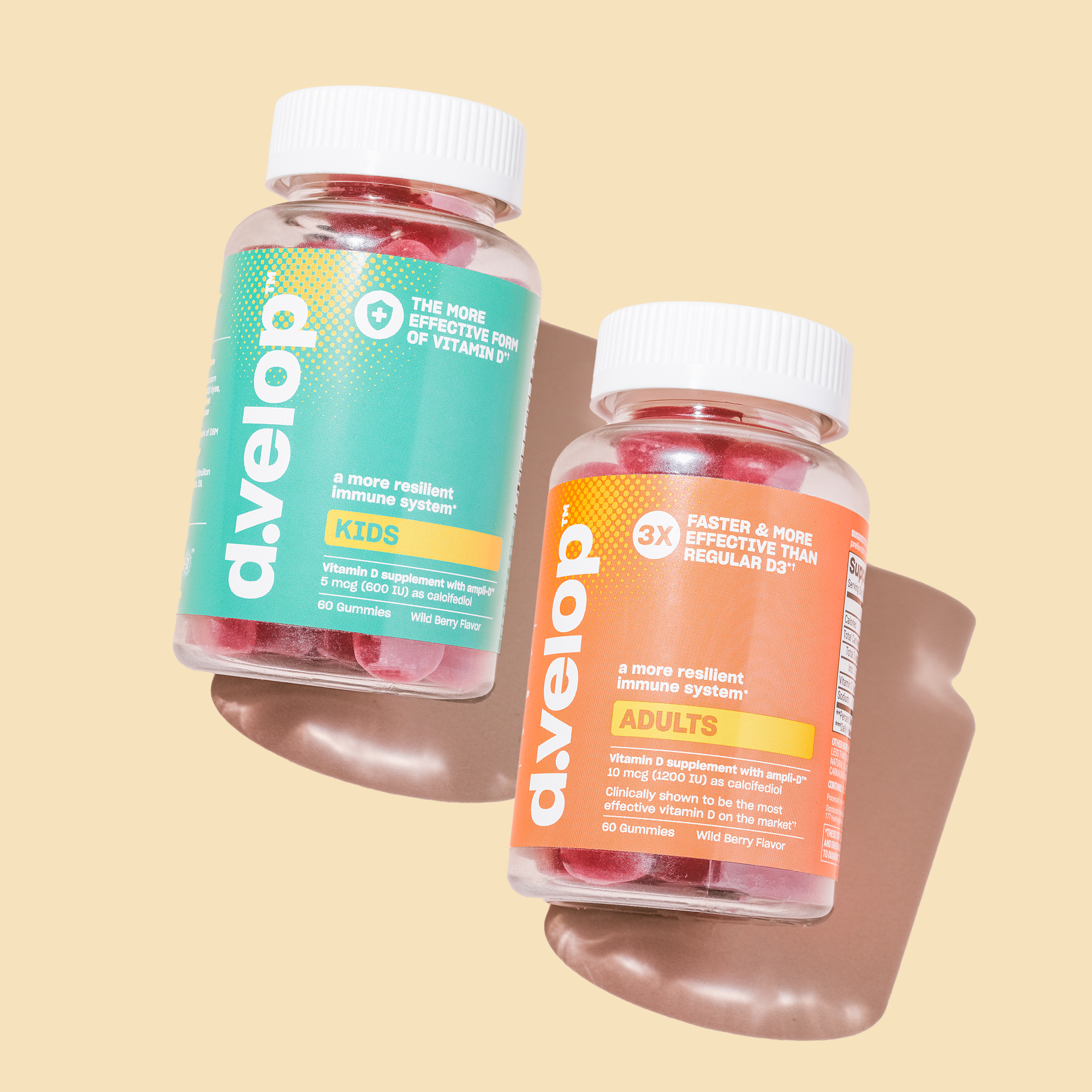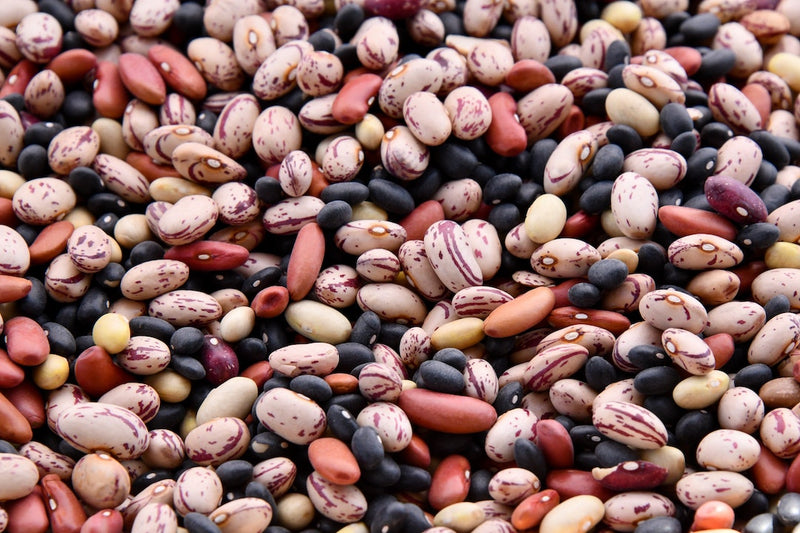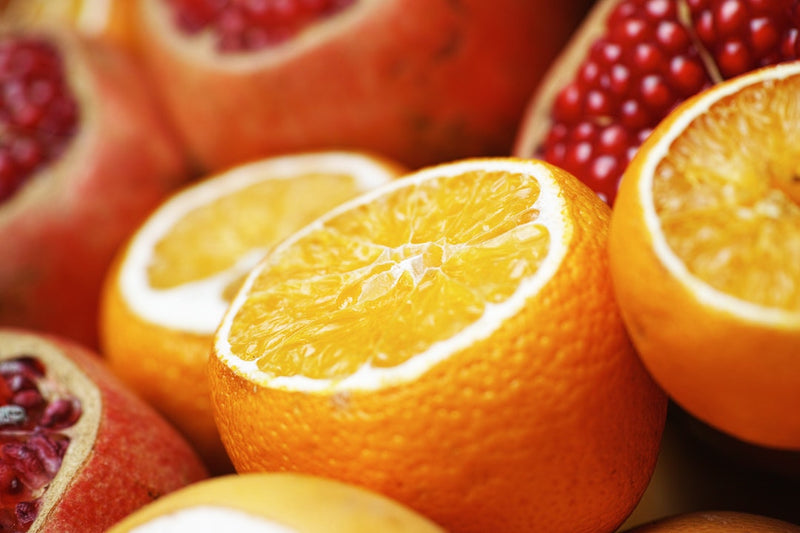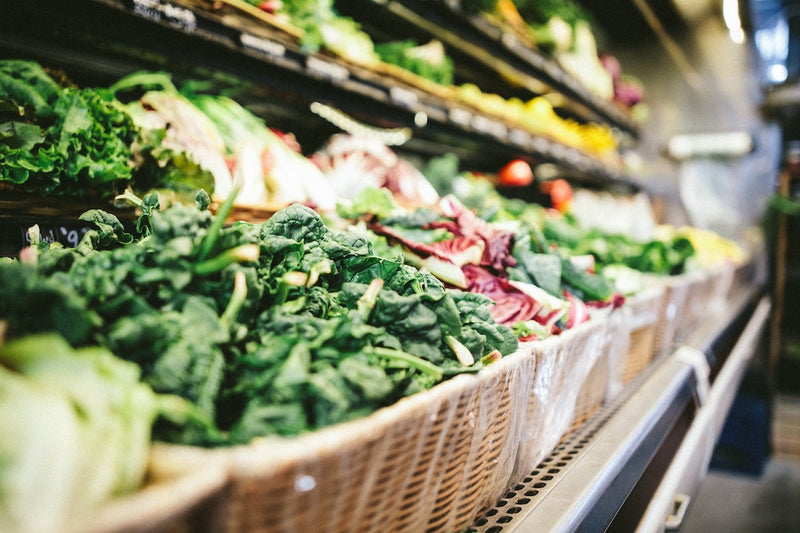Choosing foods within their natural growing season is a great way to ensure you get the best flavor and the most affordable price. Eating fresh fruits and vegetables seasonally will also ensure their highest nutrient content (Rickman et al., 2008).
Many winter fruits and vegetables are excellent sources of vitamin C, vitamin A, and antioxidants which support immune health.
Craving blueberries in January? No problem! Even out of season, choosing frozen fruits and vegetables can pack just as many nutrients as fresh options in season. Pop a handful of frozen berries in a smoothie or cook them down into a yummy sauce to eat your antioxidants year-round.
Here are some fruits and veggies you can still incorporate during those chilly months.
Winter Fruits:
- Apples
- Bananas
- Grapefruit
- Kiwi
- Lemons
- Limes
- Oranges
- Pears
- Pineapples
- Avocado
- Oranges
- Pomegranates
Winter Vegetables:
- Beets
- Brussels Sprouts
- Cabbage
- Celery
- Carrots
- Leeks
- Kale
- Onion
- Collard greens
- Parsnips
- Potatoes, sweet potatoes, and yams
- Swiss chard
- Turnips
- Winter greens
- Herbs
Seasonal foods may vary based on location. Check out seasonalfoodguide.org to search your area for local, in-season produce.
Need inspiration? You can find these recipes with these foods more on the Nutrition tab in the d.velop™ App! Tap the Strawberry icon, scroll to the bottom, tap “See all recommended recipes,” and enter the recipe name in the search bar.
Author:
Alessa Harris, RDN, LDN
Resources:
Rickman, J.C., Barrett, D.M., and Bruhn, C.M. (2007), Nutritional comparison of fresh, frozen and canned fruits and vegetables. Part 1. Vitamins C and B and phenolic compounds. J. Sci. Food Agric., 87: 930-944. https://doi.org/10.1002/jsfa.282


